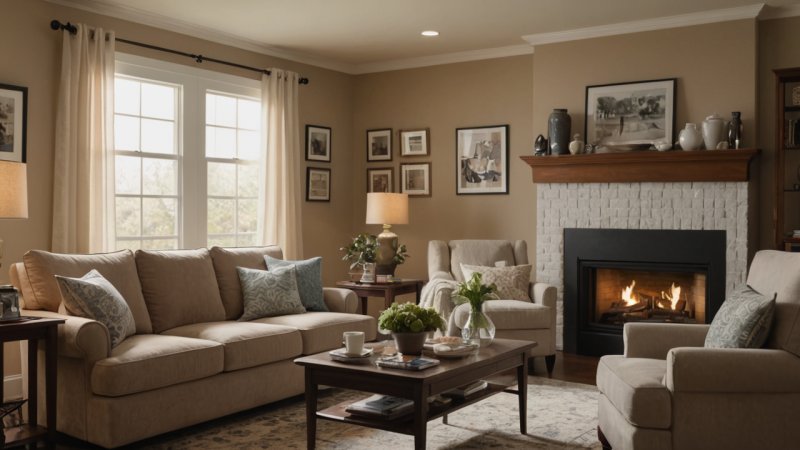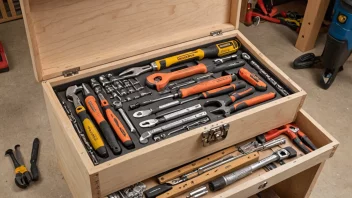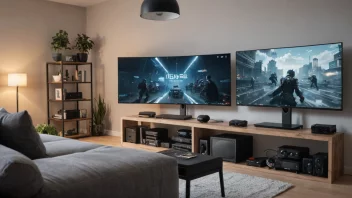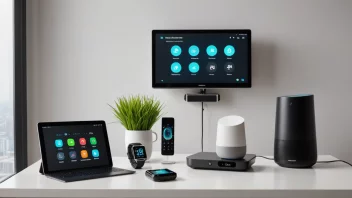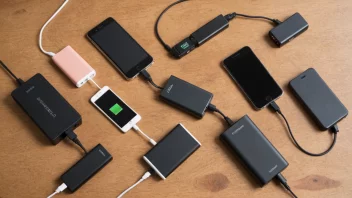As our loved ones age, providing them with the best possible care becomes a priority. Smart home technology has made significant strides in recent years, offering innovative solutions that can enhance the quality of life for the elderly while providing peace of mind for their caregivers. In this article, we will explore various smart home devices and technologies that cater specifically to elder care, discussing their features, benefits, and how they can be effectively integrated into daily living. From fall detection systems to smart medication dispensers, we will cover everything you need to know to leverage these advancements for better elder care.
Understanding Smart Home Technology
Smart home technology refers to devices connected to a home network that can be remotely monitored or controlled via a smartphone app or a web interface. These devices can automate a wide range of household functions, improving safety, convenience, and efficiency. For elder care, smart home technology can provide vital assistance, ensuring that seniors remain safe and independent in their own homes.
Key Benefits of Smart Home Tech in Elder Care
- Enhanced Safety: Smart home devices can help prevent accidents and alert caregivers in case of emergencies.
- Increased Independence: Seniors can maintain their independence while being supported by technology that assists them in daily tasks.
- Remote Monitoring: Family members can keep an eye on their loved ones from a distance, providing peace of mind.
- Health Management: Smart devices can help manage health and wellness, from medication reminders to fitness tracking.
Essential Smart Home Devices for Elder Care
1. Smart Sensors and Alarms
Smart sensors and alarms are crucial for ensuring the safety of elderly individuals. These devices can detect falls, monitor movement, and alert caregivers when something seems amiss.
Fall Detection Systems
Fall detection systems use sensors placed around the home or wearable devices to detect when a senior has fallen. Some systems can automatically notify emergency services or designated family members, ensuring timely assistance.
Motion Sensors
Motion sensors can be installed in various areas of the home to monitor movement. If a senior does not get out of bed by a certain time or if there is a lack of activity throughout the day, alerts can be sent to caregivers.
2. Smart Medication Dispensers
Medication adherence is crucial for the health of elderly individuals. Smart medication dispensers can help ensure that seniors take their medications on time and in the correct dosage.
Features of Smart Medication Dispensers
- Automated Dispensing: These devices can dispense the right medication at the scheduled time.
- Alerts and Reminders: Many smart dispensers send notifications to seniors and caregivers if a dose is missed.
- Remote Monitoring: Caregivers can track medication adherence through an app or web interface.
3. Smart Home Security Systems
Security is a major concern for seniors living alone. Smart home security systems can provide both physical security and peace of mind.
Smart Cameras and Doorbell Cameras
Smart cameras allow caregivers to monitor the home remotely. Doorbell cameras can help seniors see who is at the door without opening it, increasing safety.
Smart Locks
Smart locks provide added security and convenience. Caregivers can grant access to trusted visitors remotely, eliminating the need for physical keys.
4. Smart Home Assistants
Smart home assistants like Amazon Alexa or Google Assistant can significantly help seniors with daily tasks.
Voice Control
Voice-controlled assistants allow seniors to control other smart devices, set reminders, and manage their schedules without needing to navigate complex interfaces.
Emergency Assistance
In case of emergencies, seniors can simply ask their smart assistant to call for help or contact a family member.
5. Smart Lighting
Smart lighting solutions can enhance safety and comfort for elderly individuals.
Automated Lighting
Automated lighting systems can turn lights on and off based on motion or time of day, helping seniors avoid falls in dimly lit areas.
Voice-Controlled Lights
Being able to control lights with voice commands can make it easier for seniors to manage their environment without needing to get up frequently.
Integrating Smart Home Technology into Daily Life
Implementing smart home technology for elder care requires thoughtful planning and consideration of the individual's needs. Here are some practical tips for integrating these technologies:
1. Assess Individual Needs
Before investing in smart home devices, assess the specific needs and capabilities of the senior. Consider their level of tech-savviness, mobility, and any health concerns.
2. Start with Essentials
Begin with a few essential devices, such as fall detection systems and smart medication dispensers. Gradually introduce more technology as the individual becomes comfortable.
3. Provide Training and Support
Train seniors on how to use the devices. Clear instructions and ongoing support can help them feel more confident and reduce frustration.
4. Involve Family Members
Keep family members informed about the technology in use. Sharing access to monitoring apps can help everyone stay connected and aware of the elder's well-being.
5. Regularly Review and Update
Technology is constantly evolving. Regularly review the devices in use and consider upgrading or adding new features to enhance the care provided.
Challenges and Considerations
While smart home technology offers numerous benefits, there are challenges to consider:
1. Technology Adoption
Some seniors may be resistant to adopting new technology. It's essential to approach these conversations with patience and understanding.
2. Privacy Concerns
Smart devices often collect data, raising privacy concerns. Ensure that devices are secure and discuss privacy settings with seniors and their families.
3. Technical Support
Not all seniors are tech-savvy. Providing ongoing technical support is crucial to ensuring that they can use the devices effectively.
Conclusion
Smart home technology has the potential to revolutionize elder care, providing safety, independence, and peace of mind for both seniors and their caregivers. By understanding the various devices available and how they can be integrated into daily life, families can create a supportive environment that enhances the quality of life for their loved ones. While challenges exist, with thoughtful planning and consideration, smart home tech can be a valuable tool in elder care, ensuring that seniors live safely and comfortably in their own homes.
